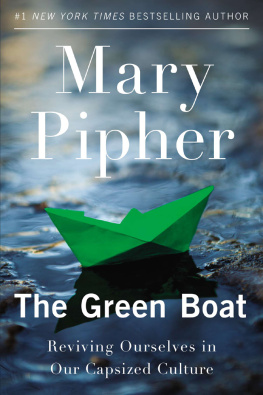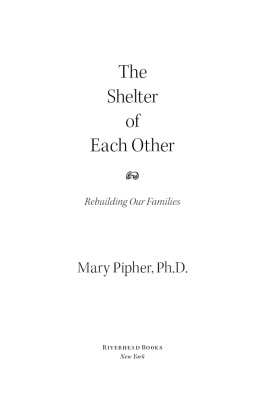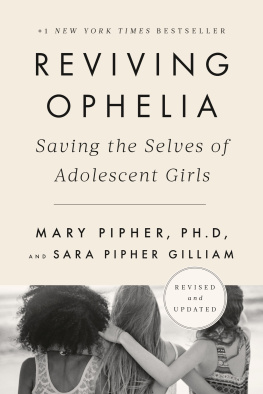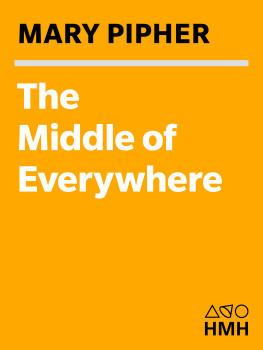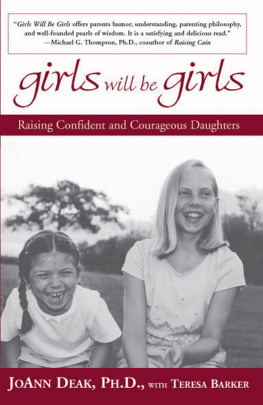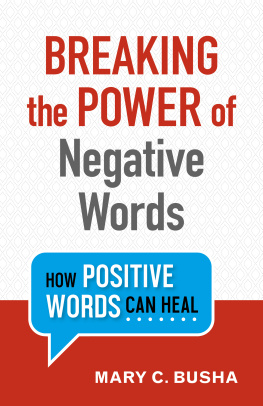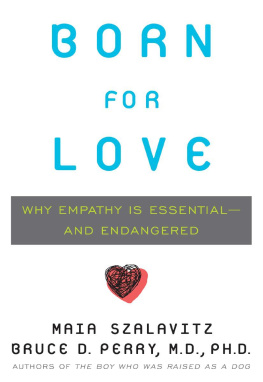Extraordinary praise for
The Green Boat
Mary Pipher spares us moral sermons and apocalyptic scenarios. Instead she shares her own journey. So we learn with her how to survive despair, how to feed the heart with beauty and the company of others, how to find balance together in the face of uncertainty and even moments of failure.
Joanna Macy, coauthor of Active Hope:
How to Face the Mess Were in Without Going Crazy
Mary Pipher has been our wise and steadfast guide through the worlds of adolescence, aging, and how families can teach humane values in a culture where everything is for sale. Now shes tackling the hardest questionhow we can get past denial to reverse the human-caused climate change that jeopardizes the habitability of the world. As wed expect, she does it thoughtfully, passionately, and ultimately with hope.
Paul Loeb, author of Soul of a Citizen
You should be concerned about the many devastating horrors we still inflict on our planet. But if you feel worried or hopeless, Mary Pipher has an insightful, friendly, and intimate new book that will help. With stories of local, mature activism, The Green Boat takes you through disturbing feelings about the future to a sense of hope. Its the book Ive been waiting for, intelligently addressing the emotional issues involved without guilt and blame.
Thomas Moore, author of Care of the Soul
Take a courageous, moving, and inspiring journey aboard this green boat. Discover how hopefulness and empowerment and joy grow, and how to pass honorably through heartache to the vast love that connects us all.
Jack Kornfield, author of A Path with Heart
Mary Pipher has a genius for illuminating in plain and poetic language the fundamental challenges we face in our complex and often overwhelming world. She maps out how we should wrestle with the realities of climate change and then shows us practical ways to both savor and help serve our planet.
Daniel J. Siegel, MD, author of Mindsight
and The Developing Mind
This book is filled with wisdom, compassion, and the reminder that we are all still tuned to relationship. It personifies the hope and solidarity that comes from action, reminds us that one of our most effective skills is sticking together, and is a fantastic revelation of the big tent that we can be in.
Peter Forbes, senior advisor, Center for Whole Communities,
and author of Our Land, Ourselves
With penetrating psychological wisdom and great heart, Mary Pipher invites us on a journey of deepening awareness that can save our planet.
Tara Brach, author of Radical Acceptance and True Refuge
Reading this book gave me the stirring hope that there are many of us who know that the farther shore is reachable from here. It is going on my hoper shelf with a few other keystone books.
Julia Alvarez, author of Something to Declare
Also by Mary Pipher
Seeking Peace: Chronicles of the Worst
Buddhist in the World
Writing to Change the World
Letters to a Young Therapist
The Middle of Everywhere: Helping Refugees
Enter the American Community
Another Country: Navigating the Emotional
Terrain of Our Elders
Hunger Pains: The Modern Womans
Tragic Quest for Thinness
The Shelter of Each Other:
Rebuilding Our Families
Reviving Ophelia: Saving the Selves
of Adolescent Girls

THE
Green Boat
Reviving Ourselves in
Our Capsized Culture

Mary Pipher

RIVERHEAD BOOKS
New York
RIVERHEAD BOOKS
Published by the Penguin Group
Penguin Group (USA) Inc.
375 Hudson Street, New York, New York 10014, USA

USA | Canada | UK | Ireland | Australia | New Zealand | India | South Africa | China
Penguin Books Ltd., Registered Offices: 80 Strand, London WC2R 0RL, England
For more information about the Penguin Group, visit penguin.com.
Copyright 2013 by Mary Pipher
Book design by Tiffany Estreicher
Lyrics from Hey, Little Ant by Phillip and Hannah Hoose used by permission of Phillip and
Hannah Hoose.
All rights reserved.
No part of this book may be reproduced, scanned, or distributed in any printed or electronic
form without permission. Please do not participate in or encourage piracy of copyrighted
materials in violation of the authors rights. Purchase only authorized editions.
RIVERHEAD is a registered trademark of Penguin Group (USA) Inc.
The RIVERHEAD logo is a trademark of Penguin Group (USA) Inc.
First Riverhead trade paperback edition: June 2013
Library of Congress Cataloging-in-Publication Data
Pipher, Mary Bray.
The green boat : reviving ourselves in our capsized culture / Mary Pipher.
p. cm.
ISBN: 978-1-101-62407-4
1. Social changePsychological aspects. 2. Social problemsPsychological aspects.
3. Culture shock. 4. Adjustment (Psychology) I. Title.
HM831.P57 2013
303.4dc23
2012043406
The publisher does not have any control over and does not assume any responsibility for author
or third-party websites or their content.

Dedicated to Susan Lee Cohen and Jane Isay,
who have been on board since the beginning.
Take this sinking boat and point it home.
Weve still got time.
GLEN HANSARD
INTRODUCTION

Humanity appears to be rapidly approaching
the breaking point. And there are two possible
outcomes: breakdown or breakthrough.
PETER RUSSELL
I began this book in the summer of 2010 at a time when the world seemed almost too complicated and frightening for me to manage emotionally. When I listened to the call of a meadowlark or walked around the lake near my home, I was serene. When I played hide-and-seek outdoors at dusk with my grandchildren, I was happy, albeit mosquito bitten. But when I turned on the news or read about the environment, war, and the daily global injustices, I felt like jumping out of my skin.
I sensed that many people felt this way. For example, most of my news-junkie friends no longer read the news. And people who had once loved intense political conversations avoided any talk about national or international affairs. People were rushed, stressed, and edgy. Everyone looked tired. We were all confused about what was going on and about how to fix it.
This book emerged from my attempt to understand myself and the people around me. I wrote it for the same reasons I wrote Reviving Ophelia. I sensed that individuals were struggling to deal with cultural problems. They felt alone, hopeless, and uniquely damaged and they didnt realize that almost all of us felt that way.

